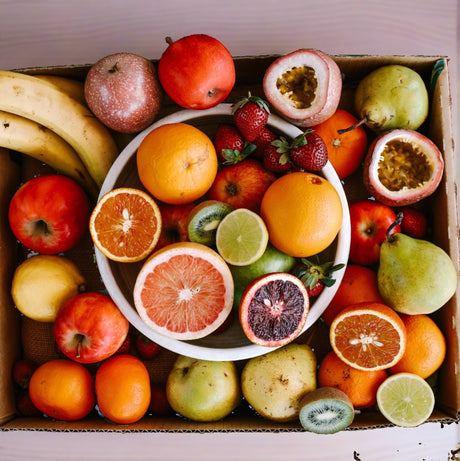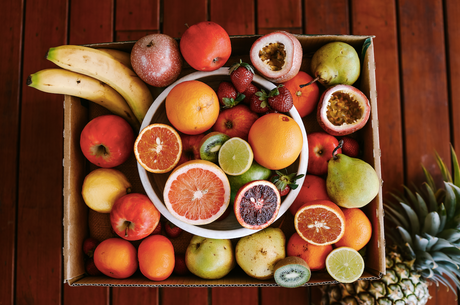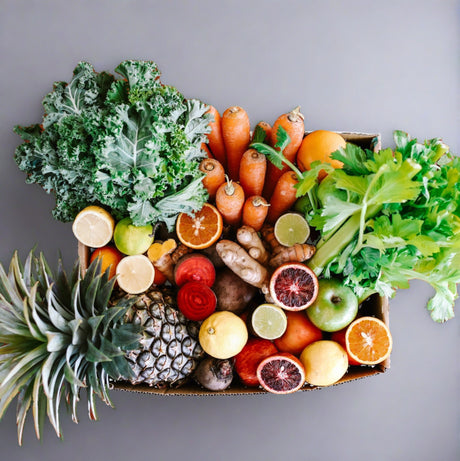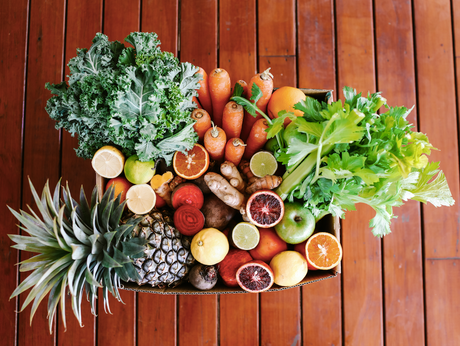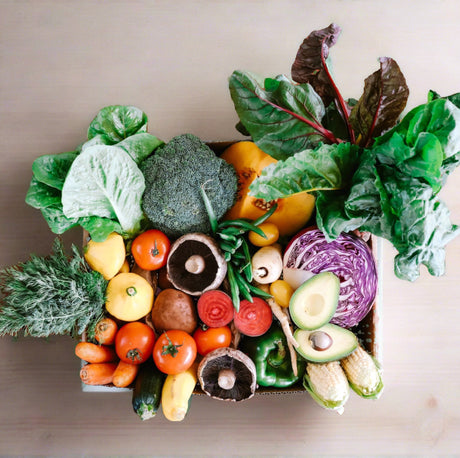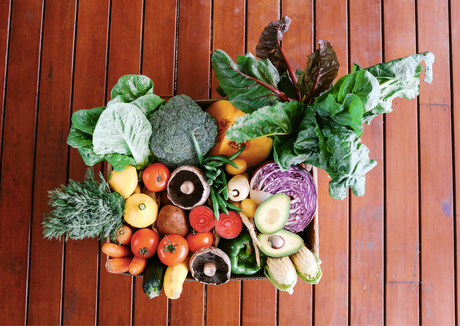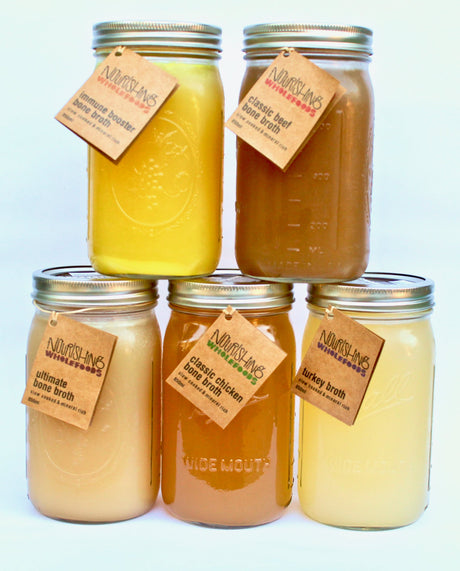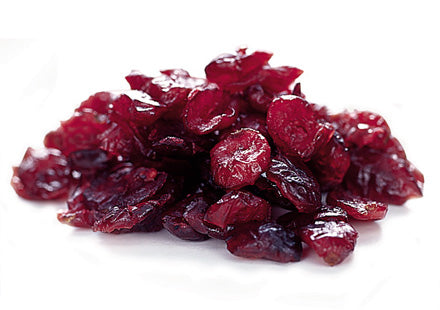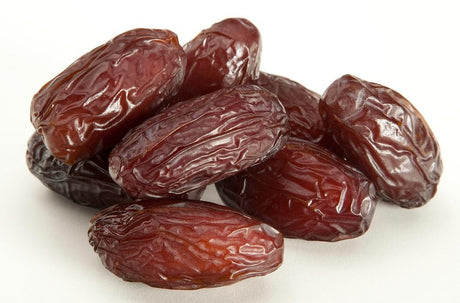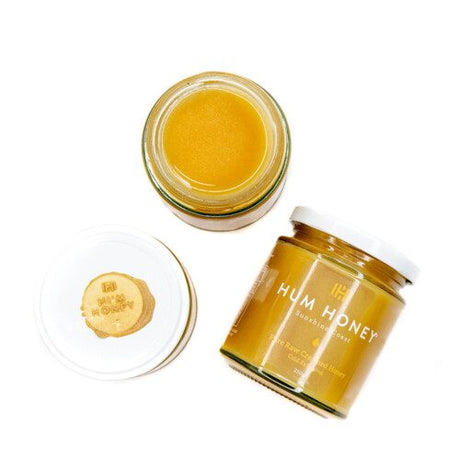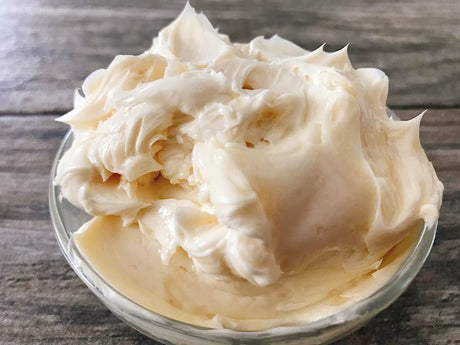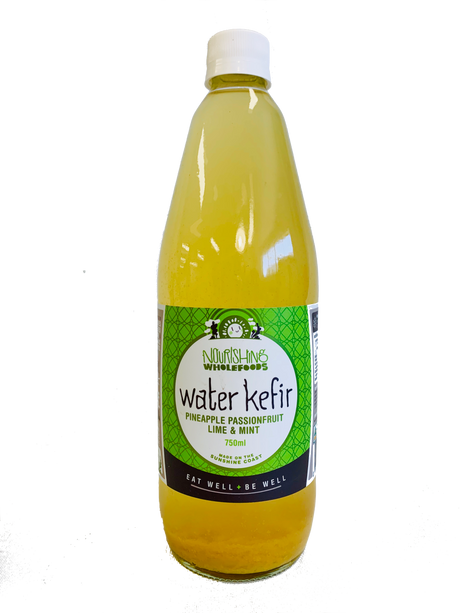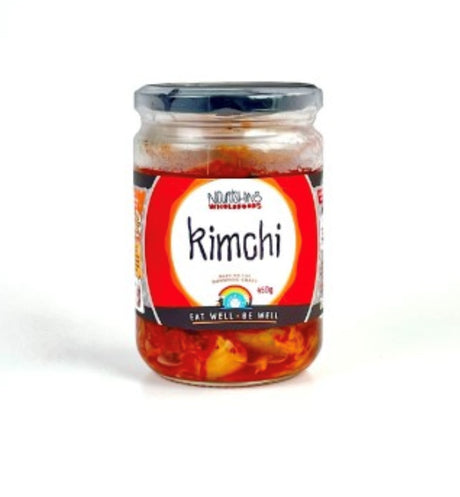Nuts may provide the same benefits as fatty fish, making them a great addition to the diet, especially for vegans and vegetarians.
Walnuts are among the richest sources of both omega-3 and omega-6 unsaturated fatty acids.
It's estimated that 95–99 percent of the population consumes fewer omega-3 fatty acids than are necessary for good health.
Maintaining a balance between these two fatty acids is essential. A typical Western diet contains excessive levels of omega-6 fats, which can cause inflammation and worsen inflammatory skin conditions, such as eczema or psoriasis.
2. Almonds
Almonds are rich in unsaturated fatty acids, and they are a particularly good source of vitamin E.
Many seeds are rich sources of antioxidants and unsaturated fatty acids that may help promote healthy skin.
3. Sunflower seeds
Like nuts, sunflower seeds are rich in protective fatty oils.
According to figures from the U.S. Department of Agriculture, sunflower seeds also contain substantial amounts of zinc and vitamin E. Both may help to protect skin cells.
4. Flax seeds
Flax seeds are rich in an omega-3 fatty acid called alpha-linolenic acid (ALA).
Grinding fresh flaxseeds into a smoothie or onto a salad can be a simple way to add more omega-3 fats to the diet and keep the skin looking healthful.
Authors of a study from 2011 found that female participants with sensitive skin who took a flaxseed oil supplement for 12 weeks experienced:
reduced skin sensitivity
reduced roughness
reduced scaling
increased hydration
smoother skin
5. Soy
Tofu, made from soybeans, may help improve skin elasticity.
Soybeans contain compounds called isoflavones, which may play an important role in protecting the skin, especially for females.
Authors of a review from 2017 cite findings that suggest that middle-aged female participants who consumed more of the specific isoflavones found in soy had fewer fine wrinkles and more skin elasticity.
The authors concluded that these isoflavones may have a more significant effect during menopause, when reduced estrogen levels cause the skin’s elasticity to diminish.




